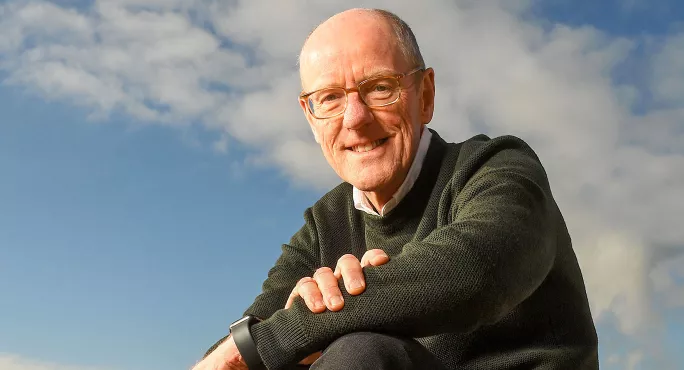Nick Gibb has said it is wrong to teach GCSEs over three years and reduce the key stage 3 curriculum to only two years of secondary school.
The schools minister told peers in the House of Lords that students should experience a “broad array” of subjects in KS3 over three years.
He also defended the introduction and impact of the English Baccalaureate (EBacc) after criticism from peers, including former education secretary Lord Baker, during a stormy session at the Lords’ Education for 11- to 16-Year-Olds Committee today.
Mr Gibb was asked by former schools minister Lord Knight whether he approved of schools that reduced KS3 to two years.
In response, he said: “I think it is wrong to reduce KS3 to two years. I think young people need that broad array of subjects for the full three years and I think it’s not fair to young people to teach the same content over three years.”
The issue of schools starting GCSEs in Year 9 and reducing KS3 to two years has been a source of controversy for years and is something Ofsted has focused on in its current inspection framework.
The watchdog’s inspection handbook says that when schools have shortened their KS3, inspectors will look “for evidence that the school has made provision to ensure that students still have the opportunity to study a broad range of subjects, commensurate with the national curriculum, in Years 7 to 9”.
During the session, Mr Gibb also defended the government’s EBacc performance measure.
He said he did not accept the premise put to him by the committee that it was a driving factor in fewer students taking creative subjects.
He said the proportion of students taking at least one art GCSE had a small drop from 44.5 per cent in 2018 to 42 per cent in 2021. He said he wanted more students taking arts subjects and highlighted how the government had introduced the model music curriculum.
The EBacc was created by the coalition government when Mr Gibb was first appointed schools minister to encourage schools to ensure more students took core academic subjects.
To meet the EBacc, students must study English literature and language, maths, the sciences, a language and geography or history.
Mr Gibb said: “There is nothing unusual about the EBacc. Most of the subjects are compulsory to 16 anyway - have been for decades - maths, English, science are compulsory and languages were compulsory until 2004.
“So the only issue of discussion is: Should children be taking history or geography for two years in Years 10 and 11? I think it’s important that children do understand the rich history of this country and the world.
“If you want to be creative, and you want to have a good understanding of the problems of the world, then you really do need to have a good understanding of history and geography.”
Lord Baker, who led the university technical colleges movement, which sees students join specialist technical education providers at the age of 14, strongly criticised Mr Gibb’s stance on the EBacc.
He suggested that 95 per cent of the evidence the committee had received said the EBacc and Progress 8 performance measures were not fit for purpose.
He also questioned whether Mr Gibb spoke to employers about what they need.
Mr Gibb responded by saying that the exam reforms the government have introduced were in response to dissatisfaction among employers and the further and higher education sector.




